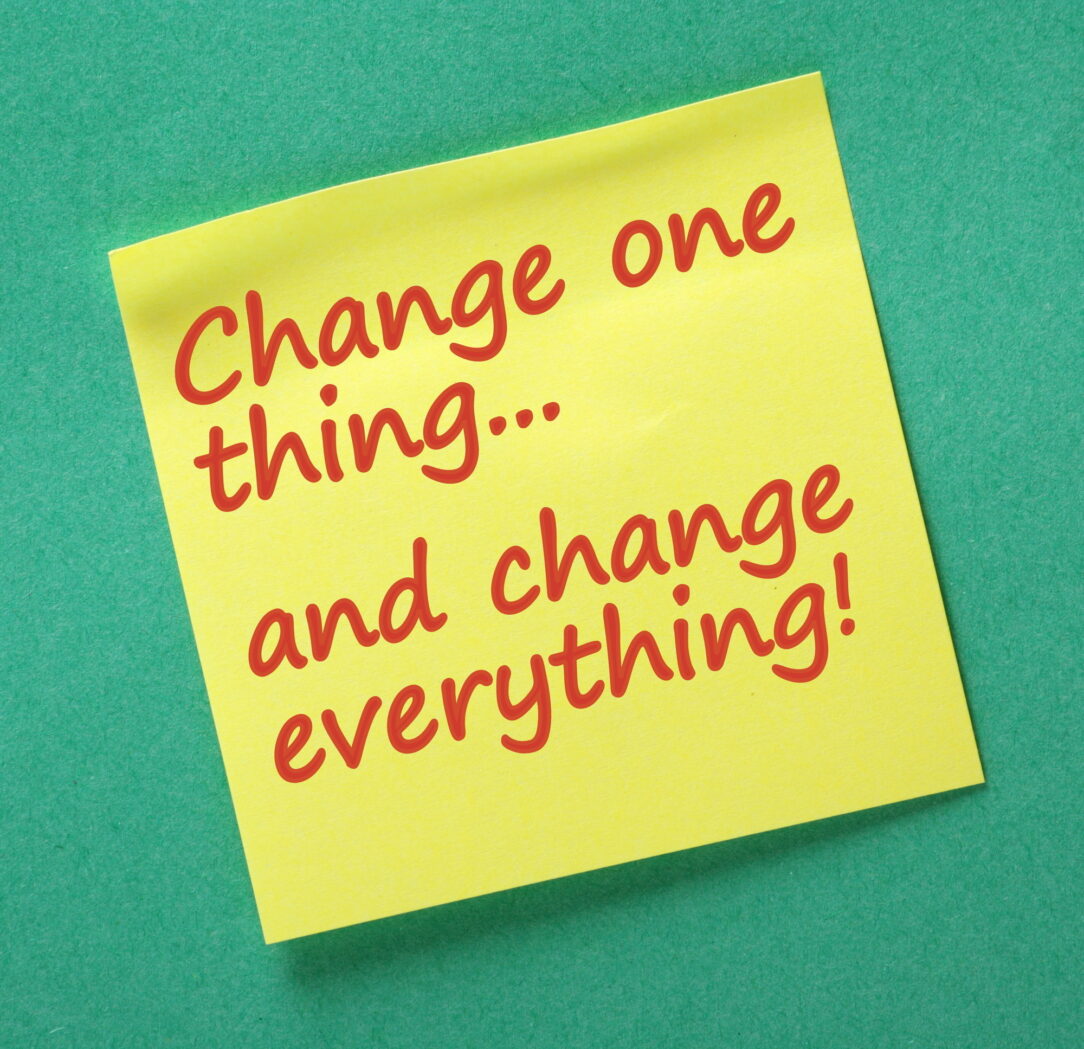Sean, Bill, and Jared are neighbors: on the surface, they seem very much alike. Each is married, of average health, height, and body weight, and earning $75,000 a year. It’s their attitudes that set them apart.
Jared plods along, doing what he’s always done, complaining occasionally but not making any changes.
Sean started making small, seemingly inconsequential changes. He listens to 30 minutes of instructional or inspirational podcasts on his way to work. He heard an interview with Darren Hardy, author of The Compound Effect. He was inspired to cut 125 calories every day, less than a can of non-diet soda. Not a big deal. He also started walking more, using stairs instead of elevators; stuff anyone could do. Sean is determined, he knows his changes are small and could be easily abandoned.
Bill purchased a big-screen TV to watch his favorite programs. He’s been trying recipes he’s seen on the Food Channel – cheesy casseroles and desserts are his favorites. He also installed a bar in his family room and enjoys specialty drinks. Nothing crazy. Bill just wants to have a little more fun.
At the end of six months, there were no discernable differences between Sean, Bill, and Jared. Although each has his own pattern of behavior, six months wasn’t enough time to see any changes. However, after 28 months, the differences have become apparent and startling. Sean has lost 30 pounds! His self-improvement audios have earned him a promotion and a raise; his marriage is also thriving. His small changes are now habits that have blended into his everyday life. Bill on the other hand, gained 30 pounds, is unhappy at work and his marriage is on the rocks. Jared is pretty much where he was two years ago, except he’s grown cynical and sour.
It takes time to do anything worthwhile, but the time doesn’t need to be in one big chunk. Focus instead on smaller pieces of time.
This method of change is deceptively simple, but not easy. The most challenging aspect of slow and steady is that you have to work at it for a while before you or anyone else can see the payoff.
Do you have something you want to do but keep putting off?
Achieving that may be a series of mundane, unsexy, unexciting, and sometimes difficult daily disciplines performed consistently over time.
What would you like to change?
The road is easier together,

Linda Laitala, President
Raven Performance Group

